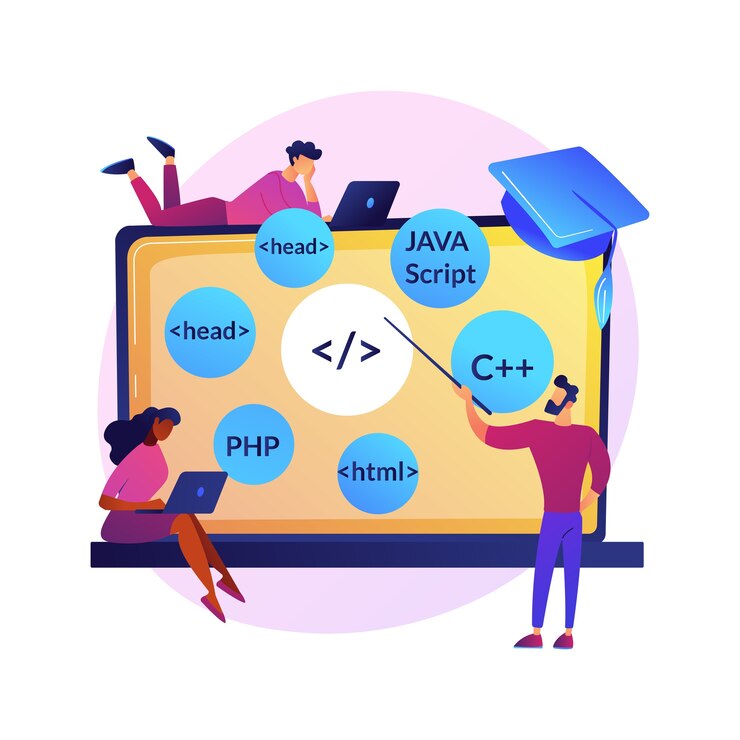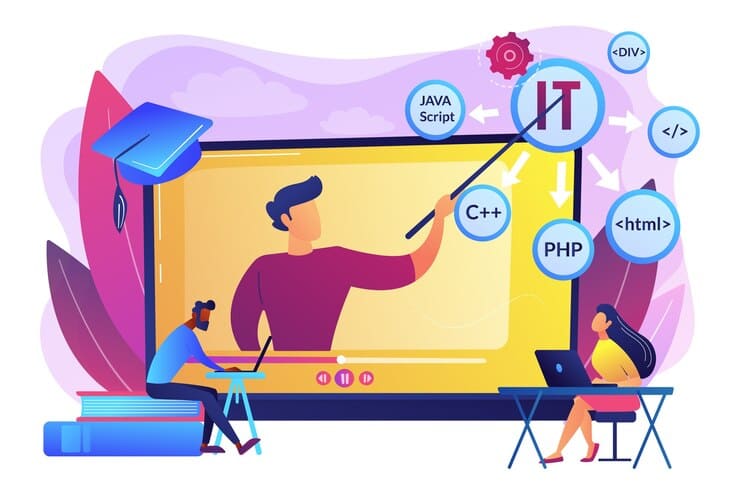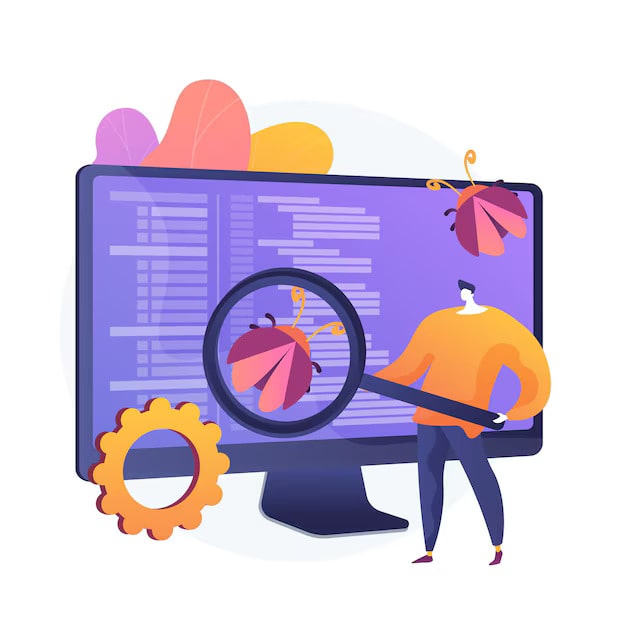The need for full-stack developers is gaining pace, as businesses look for professionals who can carry out front-end as well as back-end development quite comfortably. Yet, a full-stack developer role has its challenges as well. Handling a variety of technologies, keeping in touch with market trends, and handling complex workflows are just some of those issues. For aspiring developers, a Full stack developer course in Pune would be the first step toward laying down the fundamental knowledge and practicing skills to meet these challenges effectively. Let’s get into the key challenges of full stack developers and how they can overcome these challenges.
1. Keeping Up with Rapid Technological Advancements
The technology landscape evolves at an unprecedented pace, with new tools, frameworks, and best practices emerging regularly. Full stack developers often struggle to keep their knowledge up-to-date, especially when juggling both front-end and back-end technologies.
Solution: Enrolling in programs like the Full Stack Development Course in Pimpri Chinchwad helps developers stay ahead of the curve. Such courses cover the latest technologies, including modern frameworks and libraries, ensuring participants remain industry-relevant.
2. Balancing Front-End and Back-End Expertise
Full stack developers are expected to excel in both front-end and back-end development. This dual responsibility can be overwhelming, particularly when projects demand intricate designs and robust server-side logic simultaneously.
Solution: Focus on mastering one stack initially—such as the MERN Stack (MongoDB, Express.js, React.js, and Node.js)—before expanding your expertise. Joining MERN stack classes in Pune can provide structured guidance to build competence across both ends.
3. Debugging Complex Applications
Debugging is an unfortunate fact of any development, while for full-stack developers, there are problems facing issues in heavy codebases composed of multiple technologies at the same time.
Solution: Take your time to learn debugging tools and techniques for both front-end and back-end environments. Utilize version control systems, like Git, to track changes and find the issue quickly.
4. Managing Workflows and Deadlines
Full stack developers often work on multiple aspects of a project at the same time, which can lead to mismanagement of workflows and missed deadlines.
Solution: Implement any project management application, such as Trello and Jira; organize tasks around deadlines and importance; and coordinate with the people involved in all the tasks periodically to be certain that everyone sees the same path.
5. Ensuring Security Across the Stack
Full stack developers implement security measures across the front-end and back-end. Failure to notice vulnerabilities leads to data breaches and compromised applications.
Solution: Keep updated on typical security threats and best practices. Software should be up to date, follow secure coding, and regularly schedule security audits about applications.
6. Meeting Client Expectations
Clients usually have very high expectations on functionality, aesthetics, and performance. This can make it difficult to balance the requirements with the technical constraints.
Solution: Establish open communication with the clients so that their needs can be well understood. Prototypes and demos can then be used in the development cycle to elicit early feedback on alignment.
Why Choose Testing Shastra?
For aspiring and experienced full stack developers, Testing Shastra offers comprehensive courses like the Full stack development course in Pimpri Chinchwad and MERN Stack Classes in Pune to help overcome these challenges. Testing Shastra stands out for its industry-focused curriculum, expert trainers, and hands-on learning approach. By choosing Testing Shastra, you gain access to cutting-edge tools, real-world projects, and a supportive learning environment that empowers you to excel in your full stack development journey.
Start taking the first step towards mastering full stack development with Testing Shastra and bridge the gap between your aspirations and a successful career in technology.






